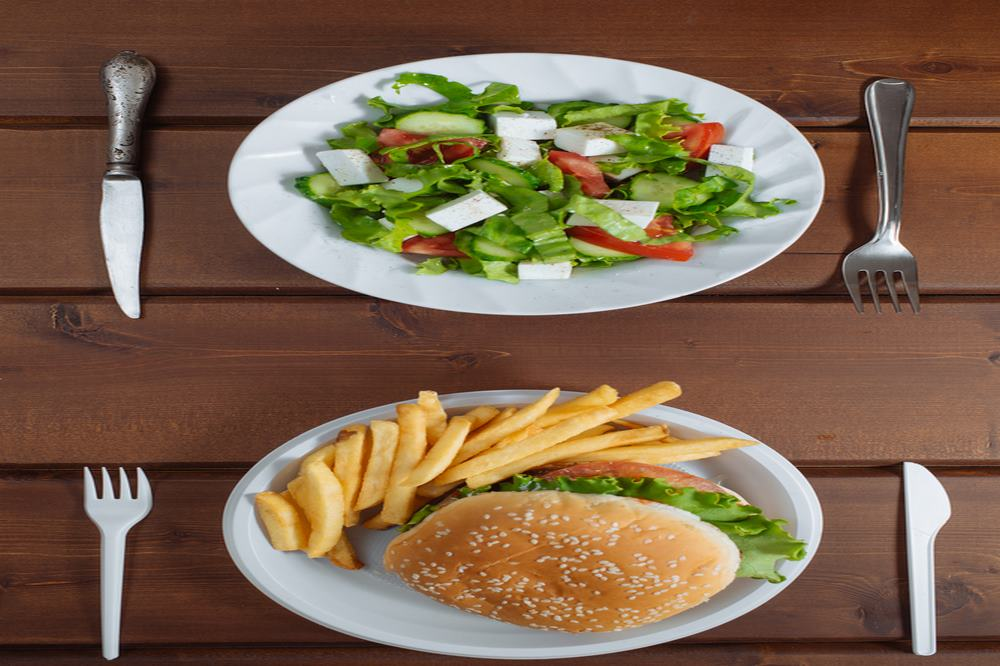Preventing kidney disease

You can protect your kidney from injury and chronic disease by managing conditions such as high blood pressure and diabetes that contribute to kidney damage. Ask your healthcare provider every six months about your kidney health during a medical visit. Early stages of kidney disease have no symptoms, so screening may be the only method to determine if you have kidney disease. If you have a urinary tract infection (UTI) that can cause kidney injury, see a doctor immediately. The following are some lifestyle-maintaining precautions against renal disease:
Make wholesome dietary selections
Include in your diet foods that are beneficial for your heart and body as a whole, such as fresh fruits, vegetables, low-fat dairy products, and whole grains, and try to reduce or limit your consumption of processed sugars, salt, and other processed or packaged foods. Reduce your daily sodium intake to less than 2300 milligrammes. Some guidelines for choosing healthy food choices include:
Use assorted spices rather than salt for seasoning.
Choose vegetables as pizza garnishes.
Try grilling or roasting foods rather than frying them.
Always include raw salad vegetables in your diet.
Choose whole grain foods such as brown rice, whole wheat, maize, oats and barley.
Stop using refined carbohydrates and other sweeteners in your recipes.
Read food labels carefully and select foods low in added sugars, sodium, trans fats, cholesterol, and saturated fats.
If you have diabetes or hypertension, you can always follow the DASH diet plan to regulate your blood pressure effectively.
Instead of nibbling on packaged foods, choose your own dry fruits, nuts, or vegetables.
Be more physically active Aim for 30 minutes of physical activity every day of the week or at least three days per week. Some form of physical activity is always beneficial for preventing numerous diseases, including kidney disease.
